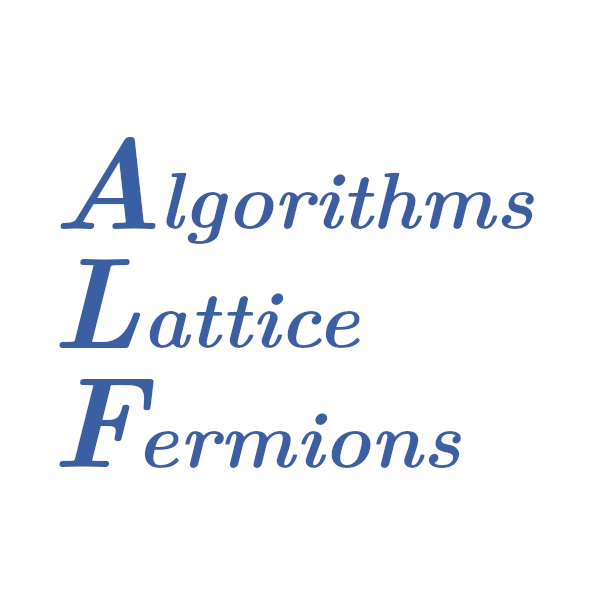QSH t-\(\lambda\) model#
Model definition#
The model is defined and discussed in this article [3] and is implemented as
Physically, the implementation supports the honeycomb lattice. Note that the spin is encoded as layer such that under &VAR_lattice in the parameter file Lattice_type = "Bilayer_honeycomb" has to be chosen. The parameter file for this
specific model reads:
&VAR_QSH !! Variables for the specific model
ham_T = 1.d0 ! Hopping parameter
ham_T2 = 1.d0
ham_chem = 0.d0 ! Chemical potential
ham_lambda = 0.1d0
/
In the above Ham_T is the nearest neighbor hopping and Ham_lambda is the coupling strength. Finally Ham_chem is the chemical potential. To use this Hamiltonian you have to specify:
&VAR_ham_name
ham_name = "QSH"
/
in the parameters file.
Interaction#
In order to reduce the Trotter error, the interaction term is implemented by using a Trotter decomposition corresponding to a Kekulé pattern by splitting up the lattice into three subgroups A,B,C. The specific implementation of the interaction is visually sketched in the smod.F90 file of the Hamiltonian.
Observables#
The code has the standard observables as well as correlations of kinetic energy, quantum spin-Hall, s-wave pairing and correlations of the generators of SU(2). Note that the potential and total energies are defined as in the Hamiltonian. That is the file Ener_scalJ corresponds to \(\langle \hat{H} \rangle\) with \(\hat{H}\) defined as in the first equation.
Limitations#
As it stands the trial wave function is not implemented such that only the finite temperature and not the projective code can be used. Therefore, the code only works for Projector = .F. under &VAR_Model_Generic.
Jonas Schwab, Francesco Parisen Toldin, and Fakher F. Assaad. Phase diagram of the SU(𝑁) antiferromagnet of spin 𝑆 on a square lattice. Phys. Rev. B, 108:115151, Sep 2023. arXiv:2304.07329, doi:10.1103/PhysRevB.108.115151.
Jonas Schwab, Lukas Janssen, Kai Sun, Zi Yang Meng, Igor F. Herbut, Matthias Vojta, and Fakher F. Assaad. Nematic Quantum Criticality in Dirac Systems. Phys. Rev. Lett., 128:157203, Apr 2022. arXiv:2110.02668, doi:10.1103/PhysRevLett.128.157203.
Gabriel Rein, Marcin Raczkowski, Zhenjiu Wang, Toshihiro Sato, and Fakher F. Assaad. Manipulating topology of quantum phase transitions by symmetry enhancement. 2024. URL: https://arxiv.org/abs/2410.05059, arXiv:2410.05059.
